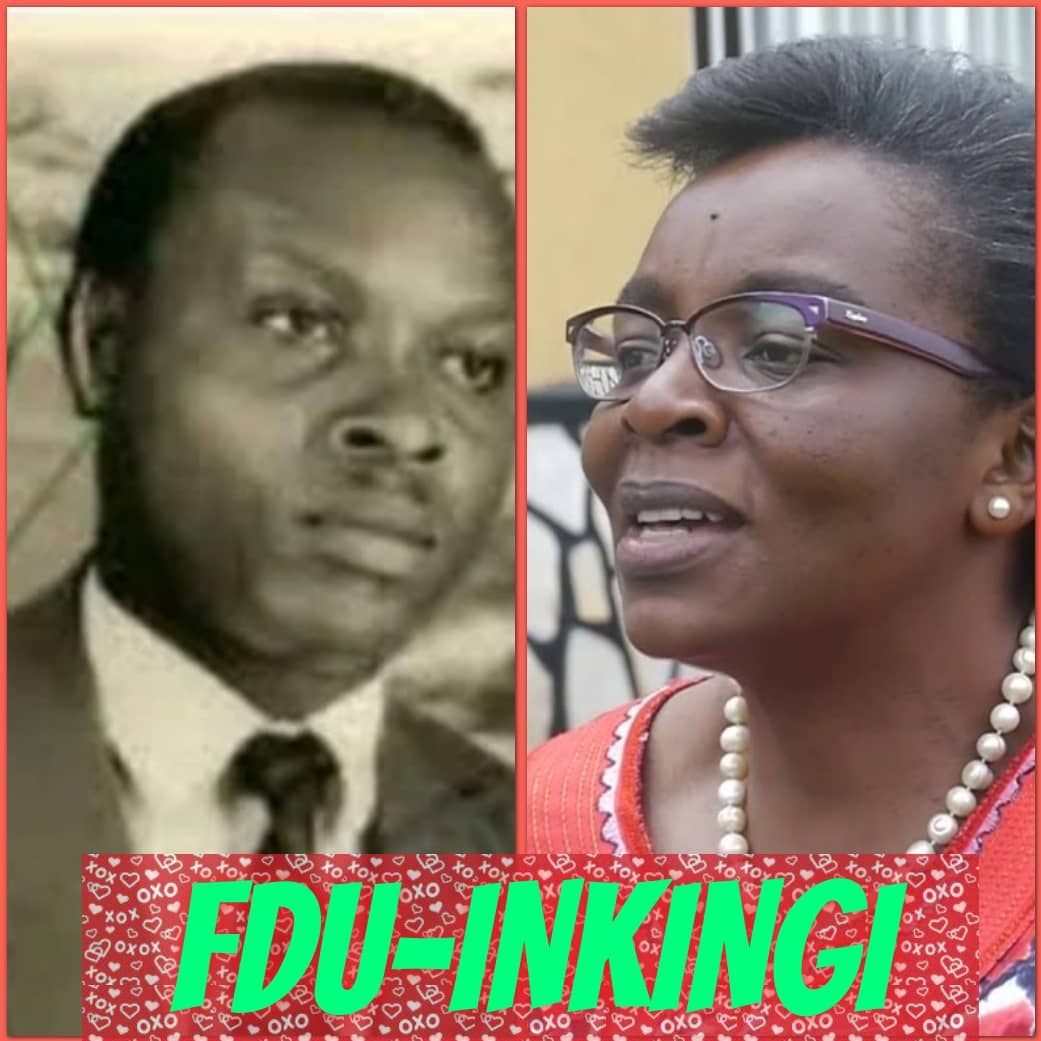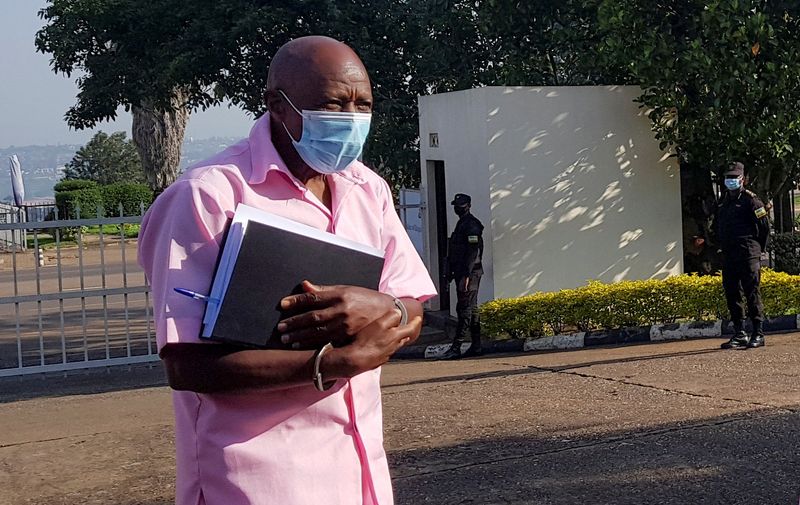International
Genocidaires in UK a blight on British government ahead of Commonwealth Summit in Kigali
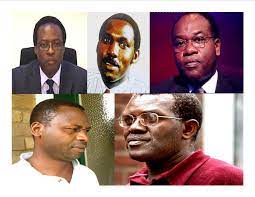
The
United Kingdom often prides itself of respecting human rights and international
law. However, for many Rwandans, especially survivors of the 1994 Genocide
against the Tutsi, this pretense is just totemic because this country has
become a haven for genocidaires and war criminals.
Five
wanted Rwandan genocidaires were granted asylum and given citizenship despite
the fact that they stand accused of participating in the genocide against the
Tutsi in 1994.
Their
case has been in limbo since the decision by the High Court to block their
extradition to Rwanda because it alleged that they could not get a fair trial
in Rwanda. Since then, they have been living in the UK scot-free.
But
recently, Andrew Mitchell, a British politician who has been Member of Parliament
for Sutton Coldfield since 2001, raised the issue of the presence of these
criminals. In Parliament, he asked whether these people will continue to live
in the UK despite indictments issued against them 16 years ago.
Michell
reminded fellow MPs that “there are five alleged perpetrators of the genocide
in Rwanda who are living freely in the UK who have been doing so for now 16
years and have neither been extradited nor put before the British courts under
our existing laws.”
Mitchell
told the House that the issue “is bound to be asked during the Commonwealth
meeting in Rwanda…because justice that is massively delay should not be
catastrophically denied.”
During
previous debates about these genocidaires, Davis Davis, member of Parliament of
Haltemprice and Howden asked Ben Wallace, who was then Minister of for Security
and Economic Crime: “other countries with strong records of protecting asylum
and the rights of individuals under criminal investigation, such as Canada,
Norway, Denmark, Sweden, and the Netherlands, have seen fit to extradite
suspects back to Rwanda. Why have we not?
The
Minister answered that the government had no other choice except to accept the
ruling by court.
Prime
Minister Boris Johnson is expected in Rwanda for the meeting among other UK
government officials.
Read also: Will
the UK ever part ways with Genocide fugitives?
The
five indicted genocide suspects in the United Kingdom are Dr Vincent Bajinya, a
medical doctor who headed the National Population Office (ONAPO) during the
Genocide, former mayors - Célestin Ugirashebuja, Charles Munyaneza, Emmanuel
Nteziryayo and Célestin Mutabaruka, a pastor.
Bajinya
was the coordinator of Interahamwe militia in Kigali where he often organised
meetings, in his home, where plans to kill the Tutsi were hatched.
Mutabaruka,
presently a Pentecostal preacher in the UK, headed Crête Zaïre-Nil (CZN), a
forest management organisation in Musebeya, southern Rwanda, during the
Genocide. He, among other accusations, led a gang of killers that murdered
people on Muyira Hill, in Bisesero, in May 1994.
Munyaneza,
Nteziryayo and Ugirashebuja were Burgomasters, or mayors, in the communes of
Kinyamakara, Mudasomwa and Kigoma, respectively - in southern Rwanda - during
the Genocide. They all commanded Interahamwe to kill thousands of Tutsi in
their respective communes.


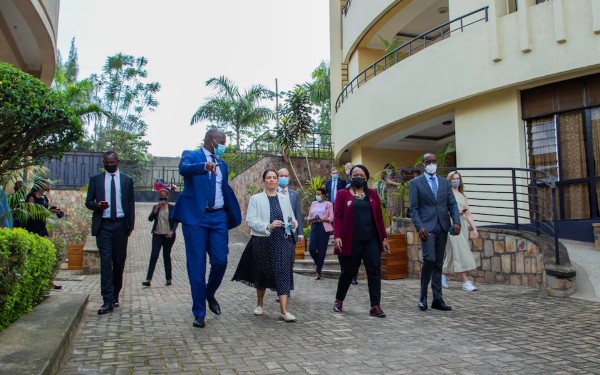
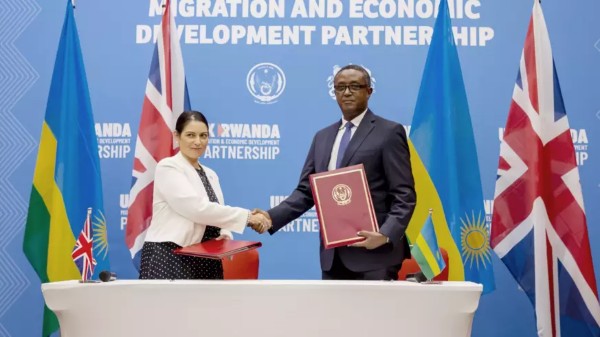
.jpg-20220604111558000000.jpg)
